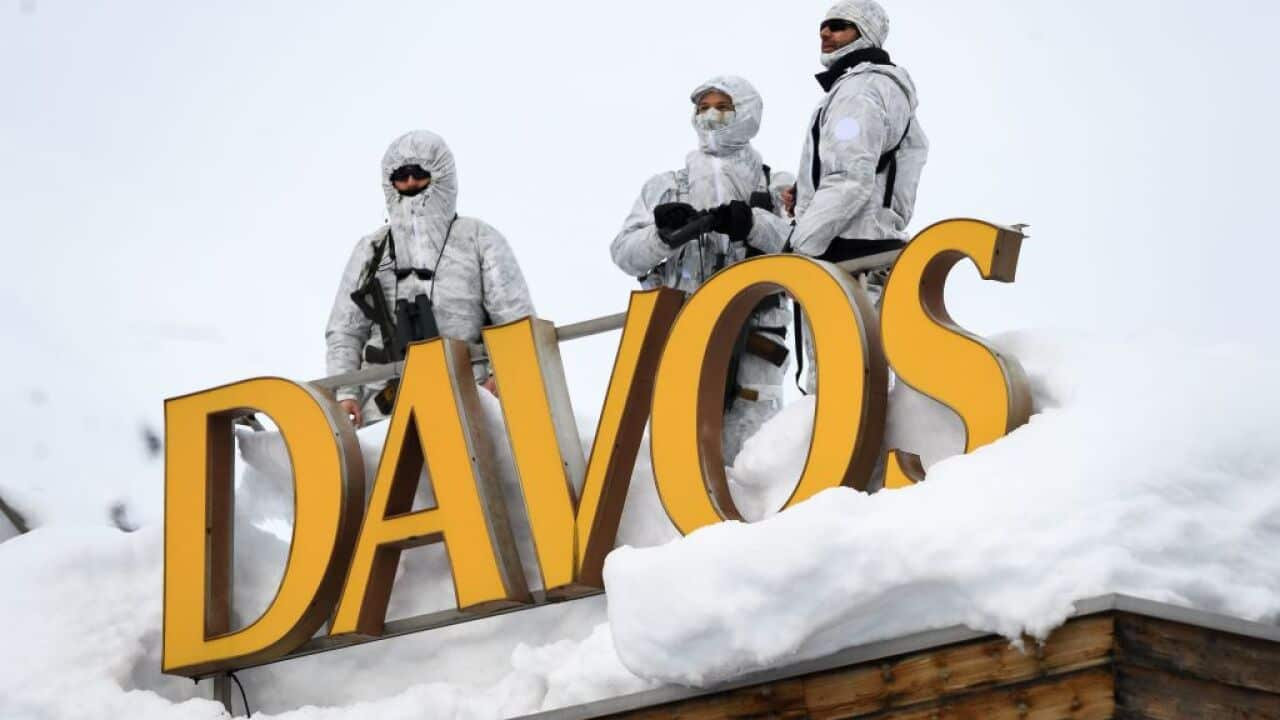KEY POINTS:
- The annual event brings together politicians and business people.
- Business people have to pay, but one prominent businessman says he's been priced out of this year's event.
- Former prime minister Kevin Rudd is attending.
The World Economic Forum's (WEF) annual meeting held is underway, and it's attracted thousands.
The 2023 WEG meeting in Davos, Switzerland, this week brings together leaders from politics, business, central banks, the arts, universities and global charities.
A record 2,700 delegates will confront issues that reach across borders and require the movement of people, goods and data - and a fairer distribution of wealth.
Here's what you need to know:
What happens at Davos?
The WEF's roots stretch back to 1971 when its founder Klaus Schwab invited executives from European companies to the then-tiny ski resort of Davos, high in the Swiss Alps.
Mr Schwab's goal was to create a forum for policymakers and top corporate executives to address major global issues and learn best practices for leadership and management.
Much of the action, however, occurs outside. Bilateral meetings between heads of state and corporate chieftains take up much of their schedules.
This year's theme is Cooperation in a Fragmented World.
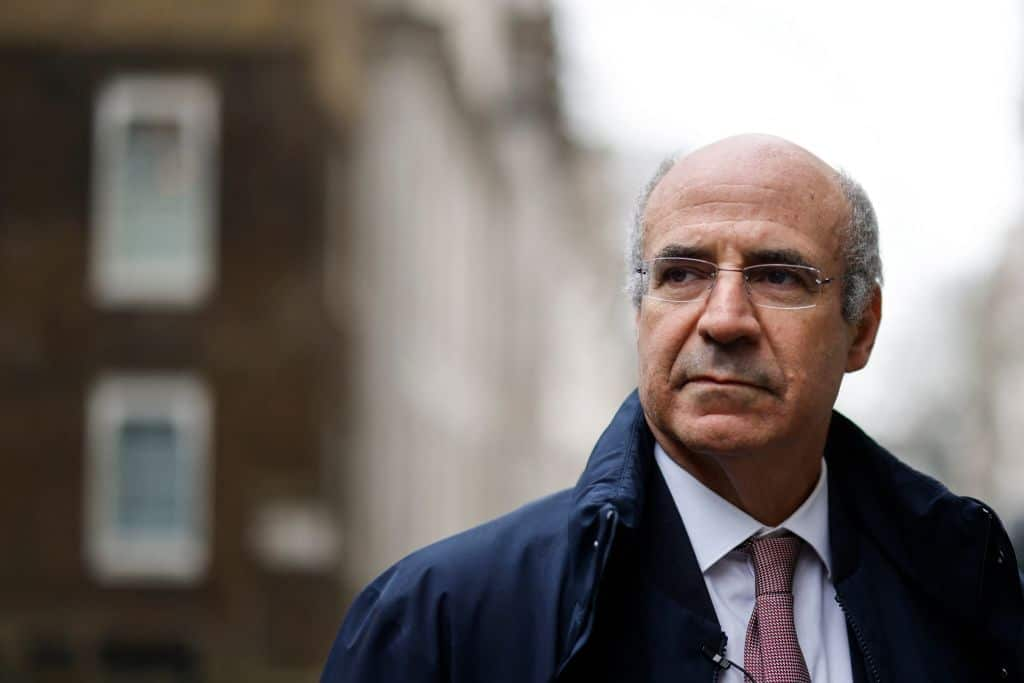
In this year's edition, global political and corporate leaders meet against a backdrop of protectionism, a war that has strained political alliances and deepening ideological divides.
They are likely to discuss issues including rising interest rates and a cost of living crisis.
On Wednesday, UN Secretary-General Antonio Guterres outlined in a speech what he called the "perfect storm" facing the world today, referring to recession, inequality, supply chain disruptions, rising interest rates, inflation.
Climate change is another pressing issue, which topped the WEF's survey of global risk. Energy company executives will mix with climate activists and environment ministers at the forum to discuss the global transition to green energy.
A "living wage", which covers basic needs and allows some extra to be put aside for big purchases or emergencies, is up for discussion.
Inclusion for workers with disability and from diverse cultural backgrounds is also an important goal with companies already competing for scarce talent.
But one aspect of the yearly event is particularly contentious: the entry fee.
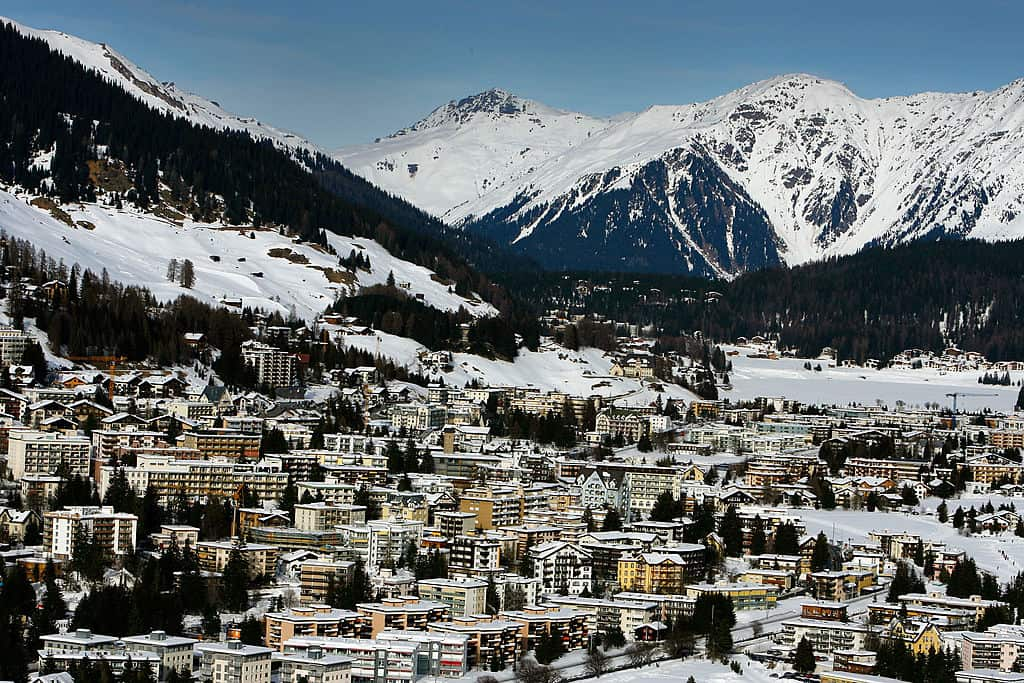
Does it really cost $100,000 to attend?
While some politicians and leaders of NGOs are invited to attend Davos for free, businessmen are not.
Bill Browder, the author of the book Red Notice and CEO of Hermitage Capital, told SBS News that he paid the US$70,000 (about $105,000) every year to attend the event.
He would attend private meetings and dinners with CEOs of the world's largest corporations, presidents and top politicians.
Mr Browder was a major investor in Russia in the aftermath of the break up of the Soviet Union. But he has previously said some people now regard him as Russian President Vladimir Putin's "number one foreign enemy" after uncovering state corruption and taking on the country's oligarchs.
Once attending Davos as a businessman, he then came as an "anti-Putin activist" for over 15 years. But now, Mr Browder says he's been "priced out" of the event, saying the forum is now asking him to pay the equivalent of US$250,000 (about $360,000) to attend.
He said even though he had "no commercial agenda," he "stomached" the $105,000 fee because there was "no better platform" for his advocacy.
"I could confront the Russian government about the murder of Sergei Magnitsky and also address captains of industry about staying away from Russia," he said.
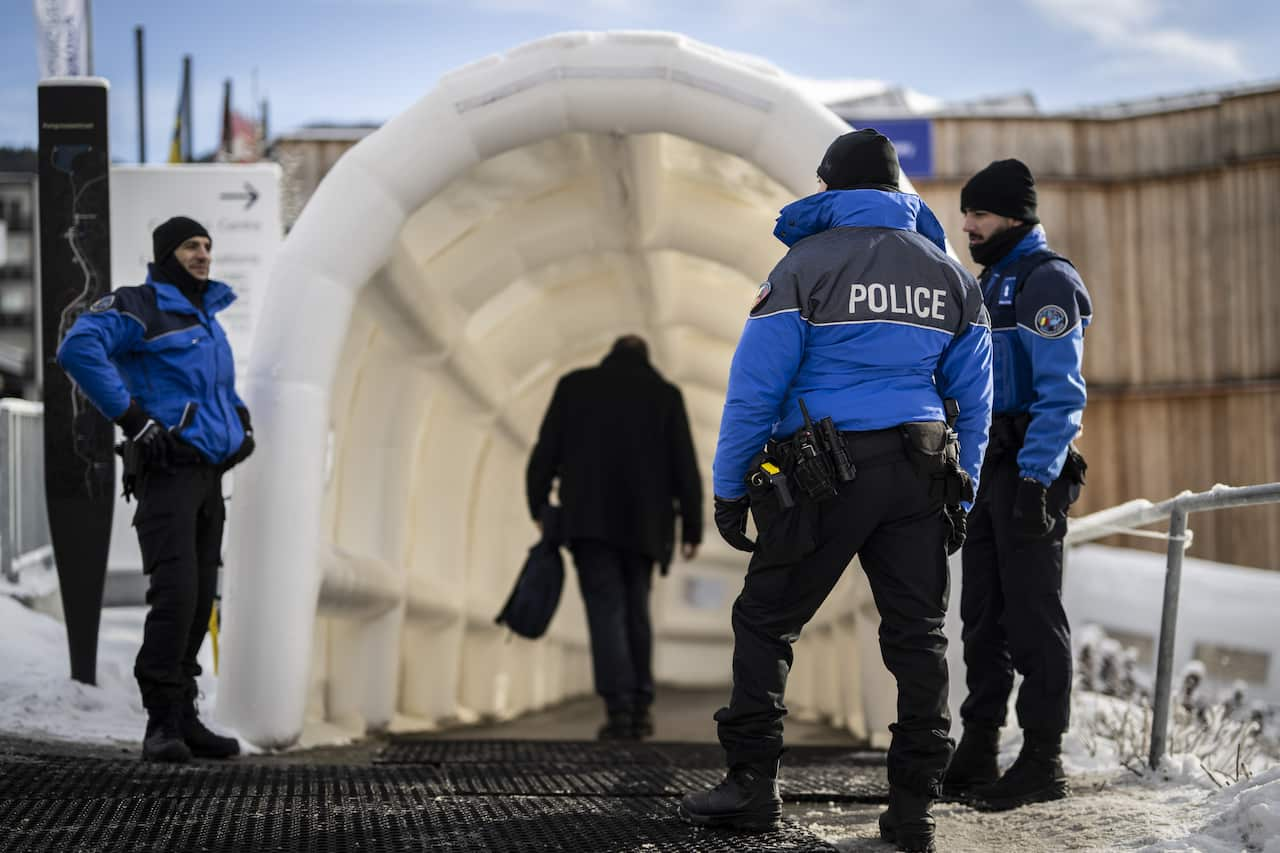
Mr Magnitsky was Mr Browder's lawyer. He was denied medical treatment in prison in Russia and beaten to death, leading to the Magnitsky Act, which sanctions Russians guilty of human rights abuses.
A version of the Magnitsky act was adopted in Australia in 2022 targeting Russian individuals "responsible for the corruption that Sergei Magnitsky uncovered and those complicit in his subsequent mistreatment and death".
"Last May, the WEF told me if I wanted to come back I would have to pay [US]$250k (more than three times my previous fee)," Mr Browder said.
Mr Browder is campaigning for $500 million in frozen Russian assets to be used for the defence of Ukraine.
SBS News has contacted the WEF for comment.
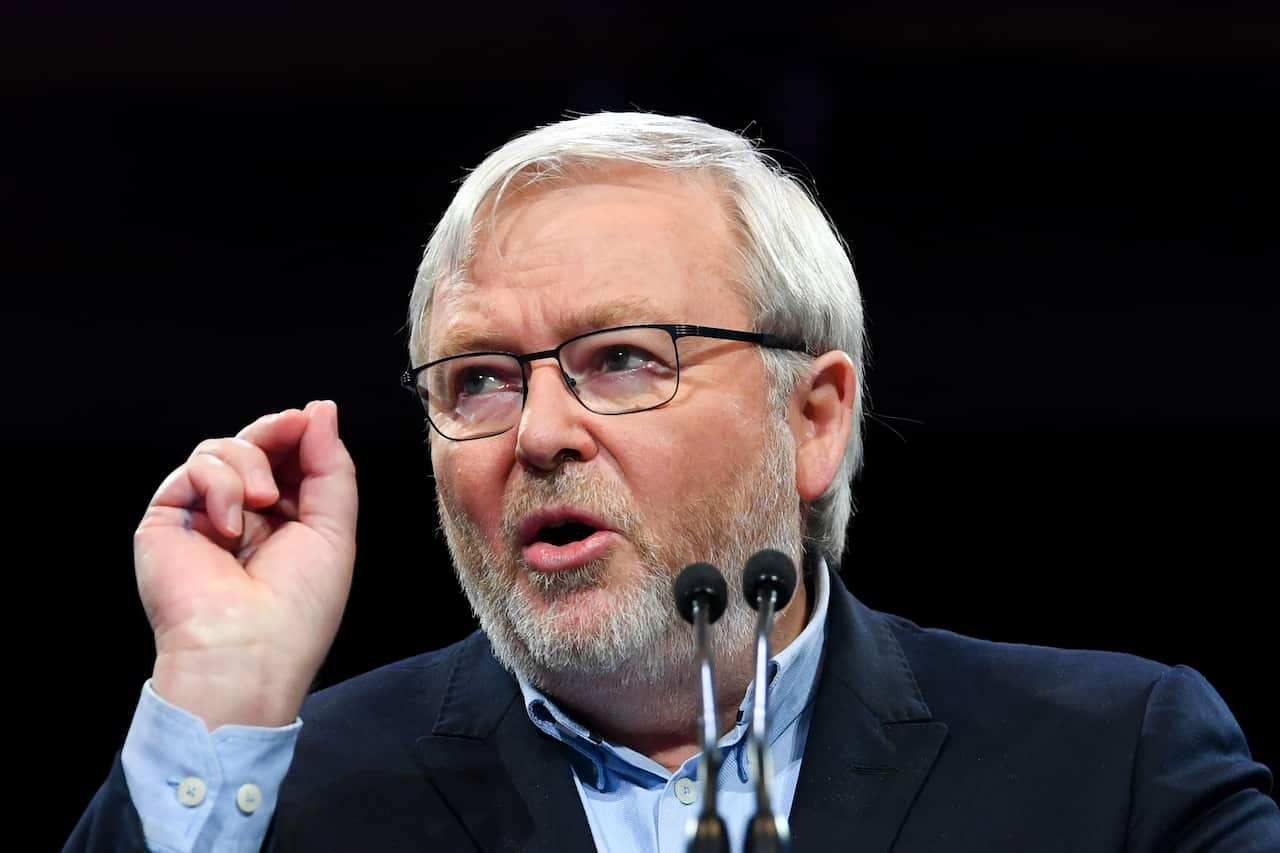
While Mr Browder is sitting this year out, around 3,000 others are attending, including former prime minister Kevin Rudd.
Mr Rudd is going as a representative of the Asia Society, an NGO specialising in "international relations," where he is president and CEO.
A spokesperson for Mr Rudd said a central theme of this year's event was "the effect of China coming out of zero-Covid on the economy and politics" and that the former prime minister had been asked to speak on this subject.
The spokesperson said he had received no taxpayer funding to attend.
Other notable guests include Ukrainian brothers Vitali and Wladimir Klitschko, both former world-champion professional boxers. Vitali is now the mayor of Kyiv and Wladimir a businessman.
They will be campaigning for Ukraine's defence against Russia, as the first-year anniversary of Russia's invasion approaches.
Russian oligarchs and politicians have been banned from this year's event.
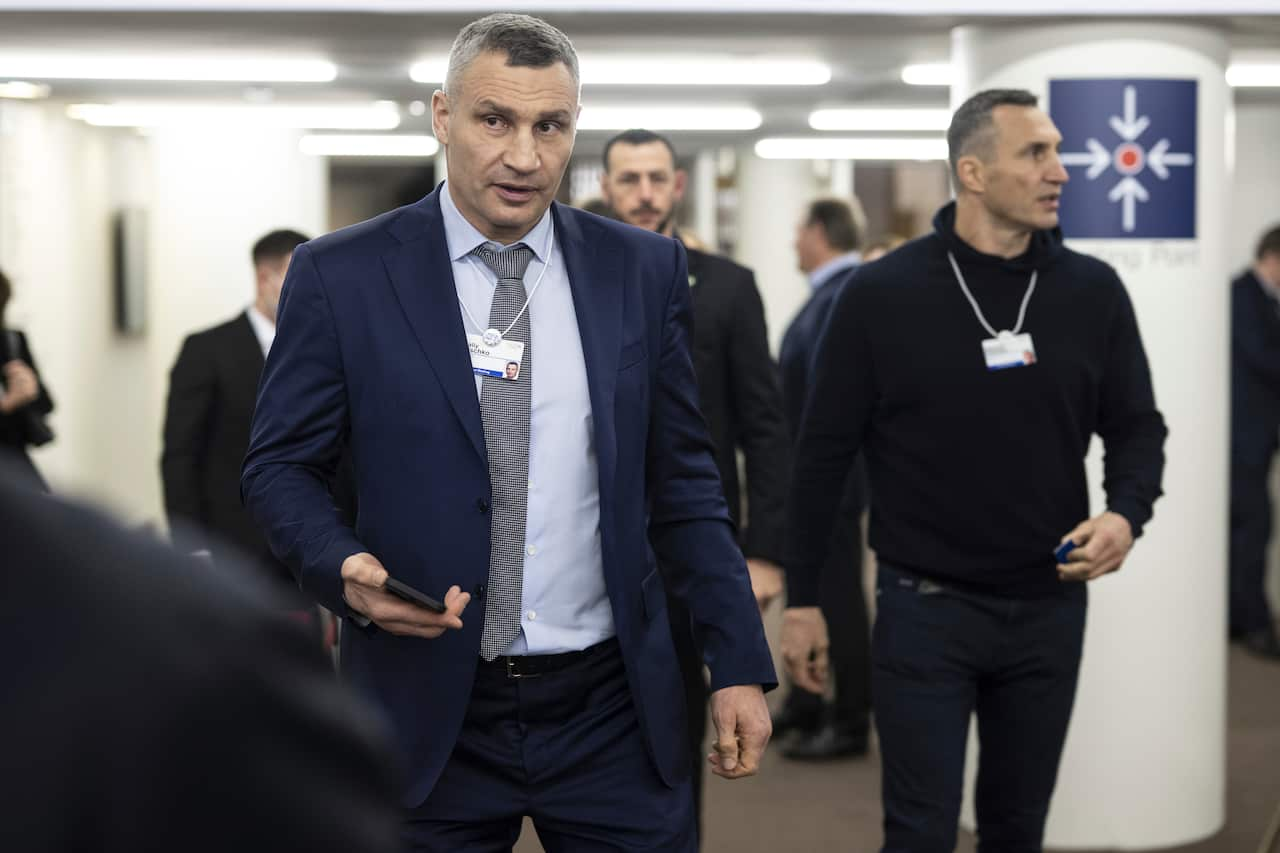
The heads of Australia's biggest mining companies are also in Davos, with BHP CEO Mike Henry, Fortescue Metals’ Andrew Forrest, and Jakob Stausholm of Rio Tinto all attending the forum.
It's expected that the heads of major mining companies from around the world will discuss the global green energy transition.
Prime Minister Anthony Albanese isn't there, nor is the world's richest man, Elon Musk.
"My reason for declining the Davos invitation was not because I thought they were engaged in diabolical scheming, but because it sounded boring," Mr Musk said.
The WEF runs from 16 to 20 January.
—With Reuters and AAP.
